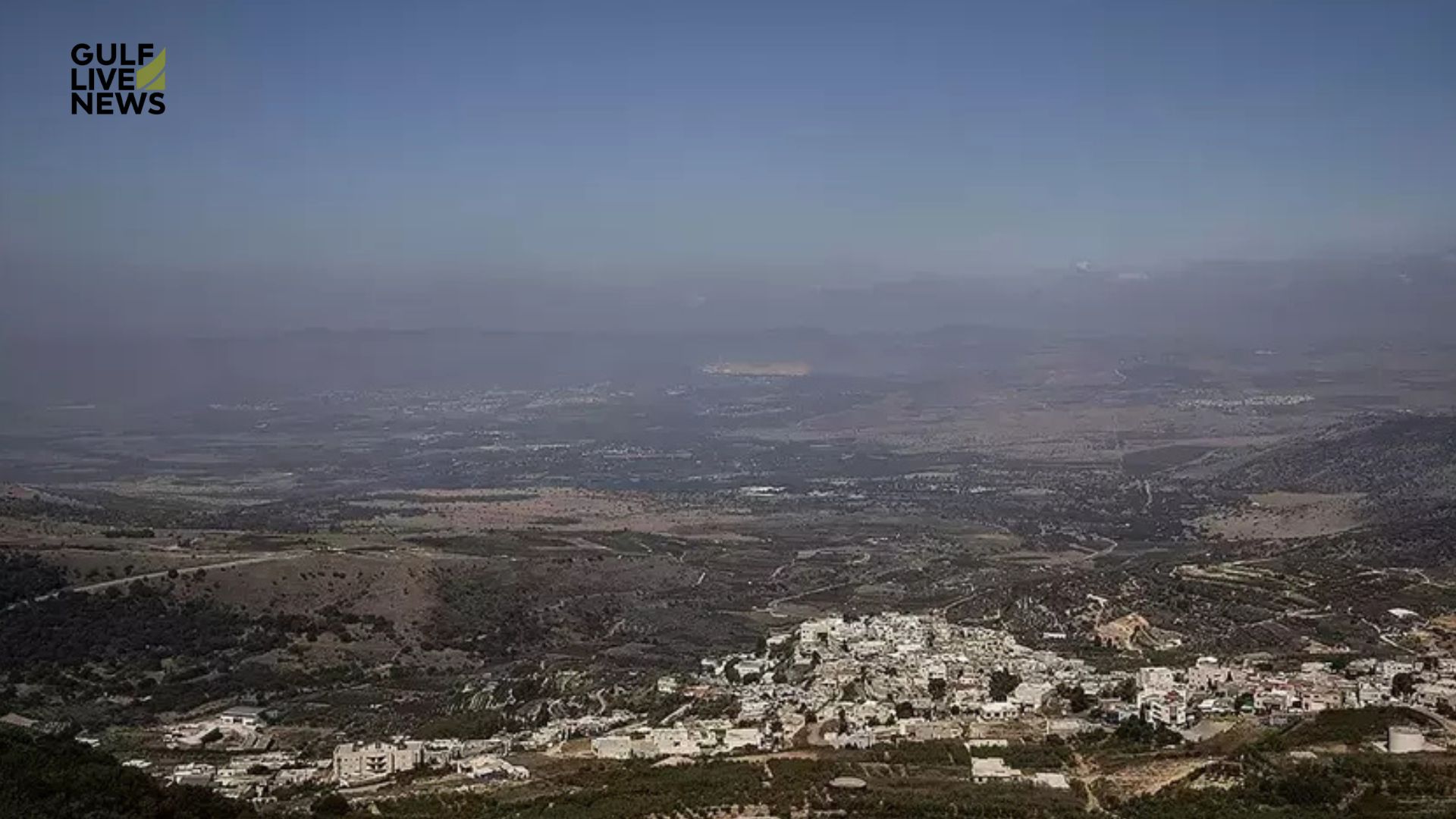The United Arab Emirates (UAE) has made headlines recently. The nation has condemned Israel’s decision to expand its settlements in the Golan Heights. This announcement is significant as it highlights ongoing tensions in the Middle East. The UAE calls this move a “deliberate effort to expand the occupation.”
Official Statement from the UAE
The UAE Ministry of Foreign Affairs released a statement on Monday. In this statement, they expressed strong disapproval of Israel’s actions. They emphasized that any attempt to change the legal status of the Golan Heights is unacceptable. This move threatens the sovereignty of Syria. The UAE is clear about its position. They will not accept measures that alter Syrian rights over this territory.
Potential Risks of Settlement Expansion
The UAE also expressed grave concerns regarding the potential fallout from Israel’s plans. They warned that these actions could heighten tensions in the region. Increased tensions could lead to further escalation, which poses a significant threat. Such developments would undermine security, stability, and territorial integrity in Syria.
The situation becomes more complicated as international scrutiny grows. Many countries around the world are closely watching Israel’s settlement policies. The expansion of settlements has been a contentious issue not just with Syria. It has also raised alarms among various international actors. Many view Israeli settlements as illegal under international law.
Plans for Expansion
Israel’s government announced plans to double its population in the Golan Heights. This decision was made public on Sunday. Prime Minister Benjamin Netanyahu supports this plan. He believes that enhancing the Golan Heights will improve Israel’s security. Netanyahu pointed out the ongoing threats posed by Syria.
The Prime Minister’s statement followed political changes in Syria. Opposition leaders have successfully ousted President Bashar al-Assad. This shift indicates that security dynamics in the region remain unstable. For Israel, maintaining control over the Golan Heights is vital.
Historical Context of the Golan Heights
Understanding the significance of the Golan Heights is essential. Israel captured most of the Golan Heights during the 1967 Six-Day War. In 1981, Israel formally annexed this territory. The Golan Heights holds a strategic advantage. Its elevated position offers Israel a commanding view of northern Israel and southwestern Syria.
This oversight is not just about geography. Control of the Golan Heights also affects military and geopolitical strategies in the region. As such, the expansion of Israeli settlements there extends beyond mere housing development. It is about consolidating control over a historically contested area.
UAE’s Commitment to Syria
The UAE has been vocal in its stance on Syria’s rights. Their recent statement reaffirms their commitment to Syria’s sovereignty. The UAE stands in opposition to Israel’s actions. Their position aligns with broader Arab and international opposition to Israeli settlement policies.
This condemnation is not a new development. The UAE has consistently supported Palestinian and Syrian territorial rights. They believe in the importance of upholding international law. Their condemnation of Israeli settlements is part of a larger narrative in the region, emphasizing the importance of justice and maintaining territorial integrity.
Ongoing Geopolitical Tensions
What does this mean for the region? The UAE’s statement highlights the ongoing geopolitical tensions. The situation in the Middle East is complex. Various countries have different perspectives on these issues. There are longstanding disputes over territory, rights, and sovereignty.
The Golan Heights is just one element in this broader conflict landscape. The issues related to Israeli settlements evoke strong reactions among neighboring countries. The expansion of settlements contributes to a cycle of hostility. Each new announcement can lead to increased protests and backlash from nations that oppose Israel’s policies.
International Reactions and Viewpoints
The international community has diverse views on Israeli settlements. Some countries condemn settlement activities outright. They argue that such actions violate international law and hinder peace efforts. Others, however, may support Israel’s right to build in its territories, complicating the conversation further.
This disparity in views can lead to divisions within the international community. As the UAE positions itself firmly against Israeli expansion, it echoes sentiments shared by many nations. Their stance reinforces the call for respecting international laws and agreements.





